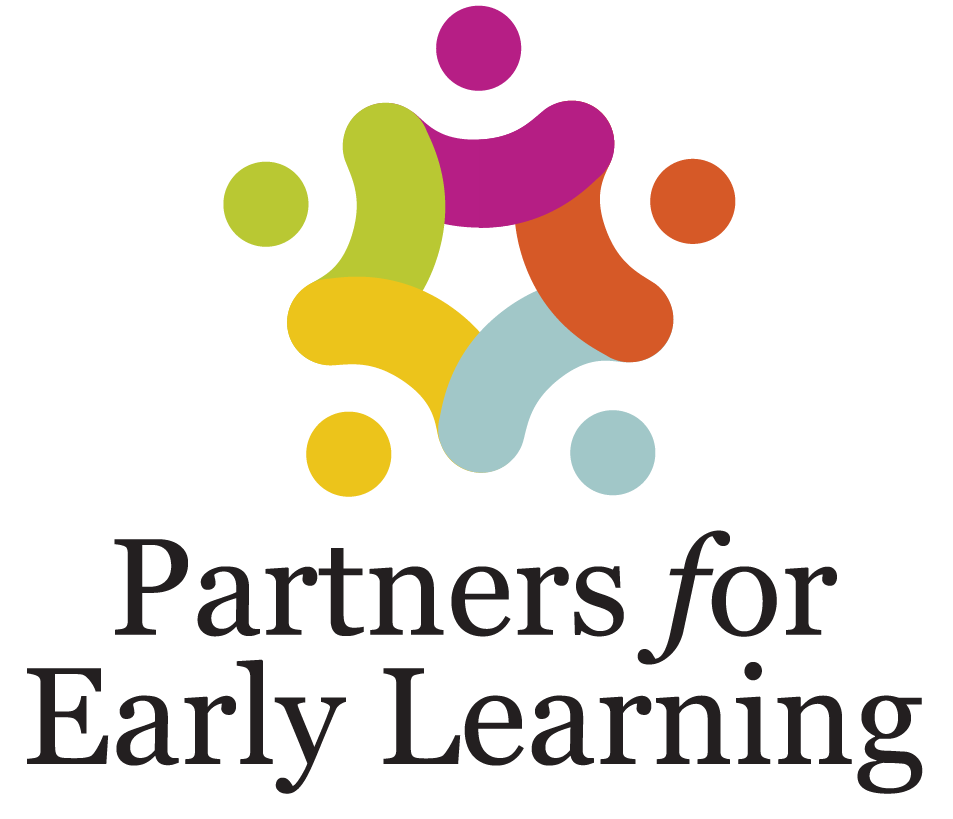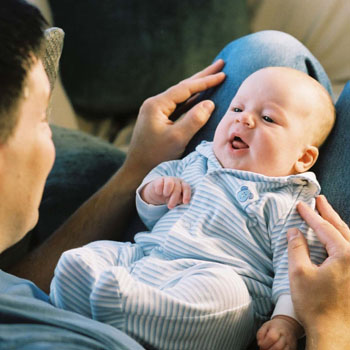Newborns are not “blank slates” incapable of interacting with others. Newborns only hours old have been found to copy facial expressions, like making an “O” with their lips or sticking out their tongues. This ability to imitate facial gestures is remarkable because babies have never seen their own faces. Researchers are investigating the role of “mirror neurons” in this process. This special type of cell in the brain responds to behavior or emotion observed in other people. When observing a physical activity, the “mirror” response is in the part of the observer’s brain that sends signals to the muscles. When observing an emotional state, the “mirror” activity is in the observer’s emotional center. Researchers believe mirror neurons may be important in newborn imitation and developing empathy later on. Imitation is a powerful way babies and young children learn from others.
References:
Lepage, J. & Theoret, H. (2007). The mirror neuron system: grasping others

